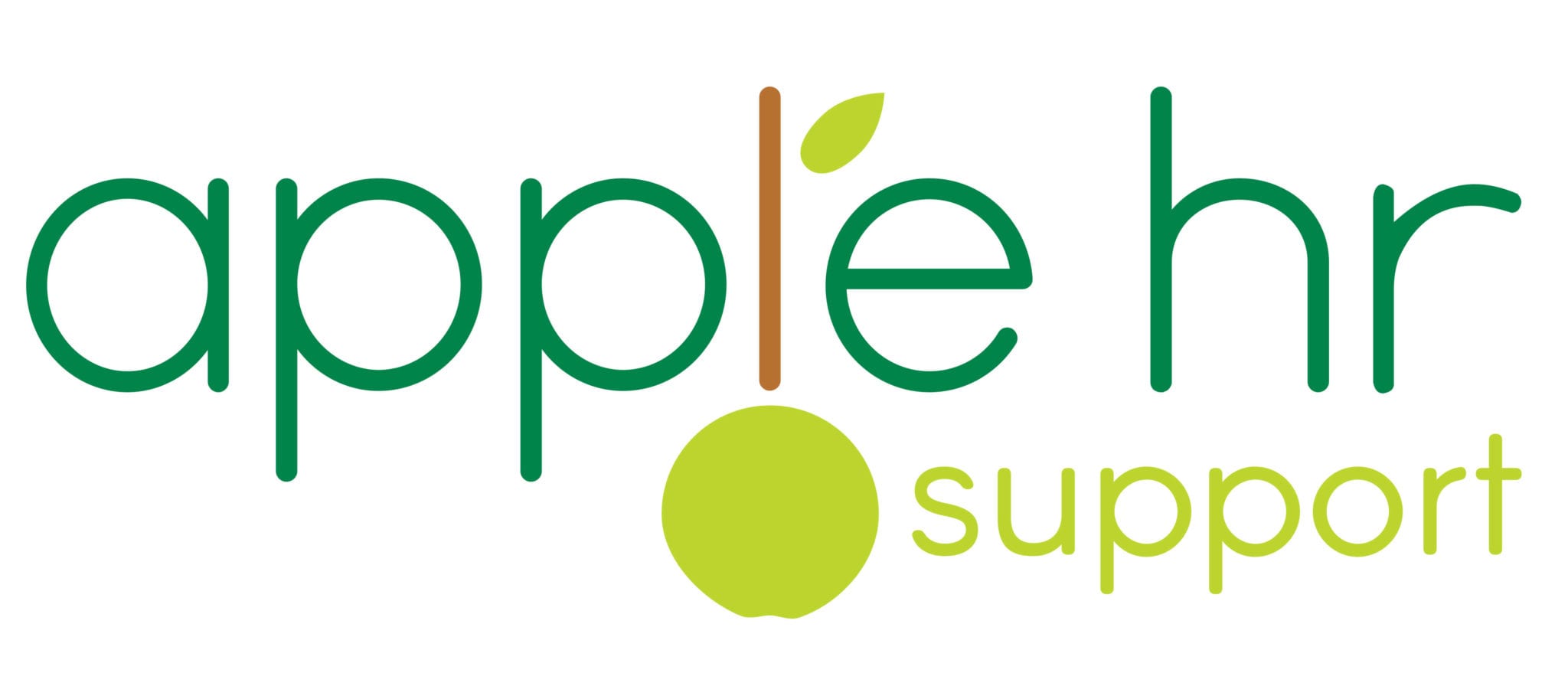
7 risks of not having an employee offboarding process
In the world of HR, we use a framework called the ‘Employee Life Cycle’ to help us to understand and manage every stage of an employee’s journey.

Offboarding is one of the most critical stages of the Employee Life Cycle, yet it is often overlooked.
However, doing this creates big risks for the business, including:
📉 Damage to employer brand
🧠 Loss of knowledge and productivity
😔 Reduced employee morale
💡 Missed opportunities for improvement
🔒 Risk of security breaches
⚖️ Increased legal and compliance risks
💸 Higher turnover costs
For these reasons, it pays to invest in a proper offboarding process…
That’s why we created our latest guide, “The ultimate guide to employee offboarding”. In it, we walk you through what your offboarding checklist could look like.
Get in touch and we’ll send you a free copy.
‘Safe leave’ for domestic abuse victims hopes to create a lifeline for survivors
A new bill aimed at granting 10 days’ paid leave per year to domestic abuse victims was introduced to the House of Commons in January.
If passed, the Domestic Abuse (Safe Leave) Bill will give survivors vital time to focus on urgent matters, like finding a safe place to live and protecting their families.
While it’s a great step forward, experts warn that recovery is rarely a quick process. Employers need to see this leave as just one piece of the puzzle, backed by flexible policies, manager training and practical support.
Workplaces can be a lifeline for victims, often their only safe space. This bill sets the stage, but real change will come from ongoing empathy and action.
Does remote working limit career opportunities for women?
Nationwide’s CEO, Debbie Crosbie, suggests that remote working might hold women back in their careers, stressing that workplace presence is key for development and progression. This follows Nationwide’s shift from a ‘work from anywhere’ policy to requiring employees to be in the office two days a week after observing that men were more likely to attend in person.
However, experts point to outdated mindsets like “proximity bias” as the real barrier, calling for equitable policies, shared parenting responsibilities and a shift from presenteeism to performance-based recognition.
For many women, remote work has been a game changer in balancing careers with caregiving. Do you agree with Debbie? Or do you think remote work offers more opportunities for women to thrive?
£29,000
This amount was awarded to 18-year-old advisor, Elizabeth Benassi, for victimisation. The case involved grievances over micromanagement, breaches of trust and unfair treatment, such as being reprimanded for wearing trainers while others were not.
The tribunal noted a “desire to find fault” with Benassi, pointing to a toxic environment and a lack of supportive leadership. Fair, inclusive and consistent policies are key to avoiding alienating young talent and creating a culture of mistrust.
Are you prepared for the National Minimum Wage to go up in April?
The National Minimum Wage (NMW) and National Living Wage (NLW) will rise significantly from 1 April 2025, reflecting changes in the economy.
As an employer, staying informed and ensuring compliance with these new rates is essential.
Here’s what it’s going up to:
National Living Wage (ages 21 and over):
A £0.77 (6.7%) increase, rising from £11.44 to £12.21 per hour.
National Minimum Wage (ages 18-20):
A £1.40 (16.3%) increase, rising from £8.60 to £10.00 per hour.
National Minimum Wage (ages 16-17 and apprentices):
A £1.15 (18%) increase, rising from £6.40 to £7.55 per hour.
How we can help…
Adjusting wages isn’t just about updating payroll. It’s also an opportunity to review contracts, policies and documentation to ensure that everything aligns with the new requirements.
Our team can support you with:
• Reviewing and adjusting salaries.
• Updating employment contracts.
• Ensuring all documentation reflects the changes.
If you need guidance or support in navigating these updates, get in touch with us today. Let us help you to ensure that your business is compliant and your team is supported.
Q&A
Should an employee always give two weeks’ notice when leaving
The statutory minimum notice period is one week if the employee has worked for you for at least one month. However, contractual agreements may specify a longer notice period. Always refer to the employment contract for clarity.
Are zero-hour contracts always unfair to employees?
While zero-hour contracts have faced criticism, they can benefit employers and employees when used correctly. For example, they offer flexibility to those who cannot commit to fixed hours, such as students or part-time workers. Proper management and clear communication are key.
Can I ask anything I want during a job interview?
Employment law prohibits certain questions, such as those about a candidate’s age, marital status or plans to have children. These could be considered discriminatory under the Equality Act 2010. Stick to questions directly related to the job role and skills.

